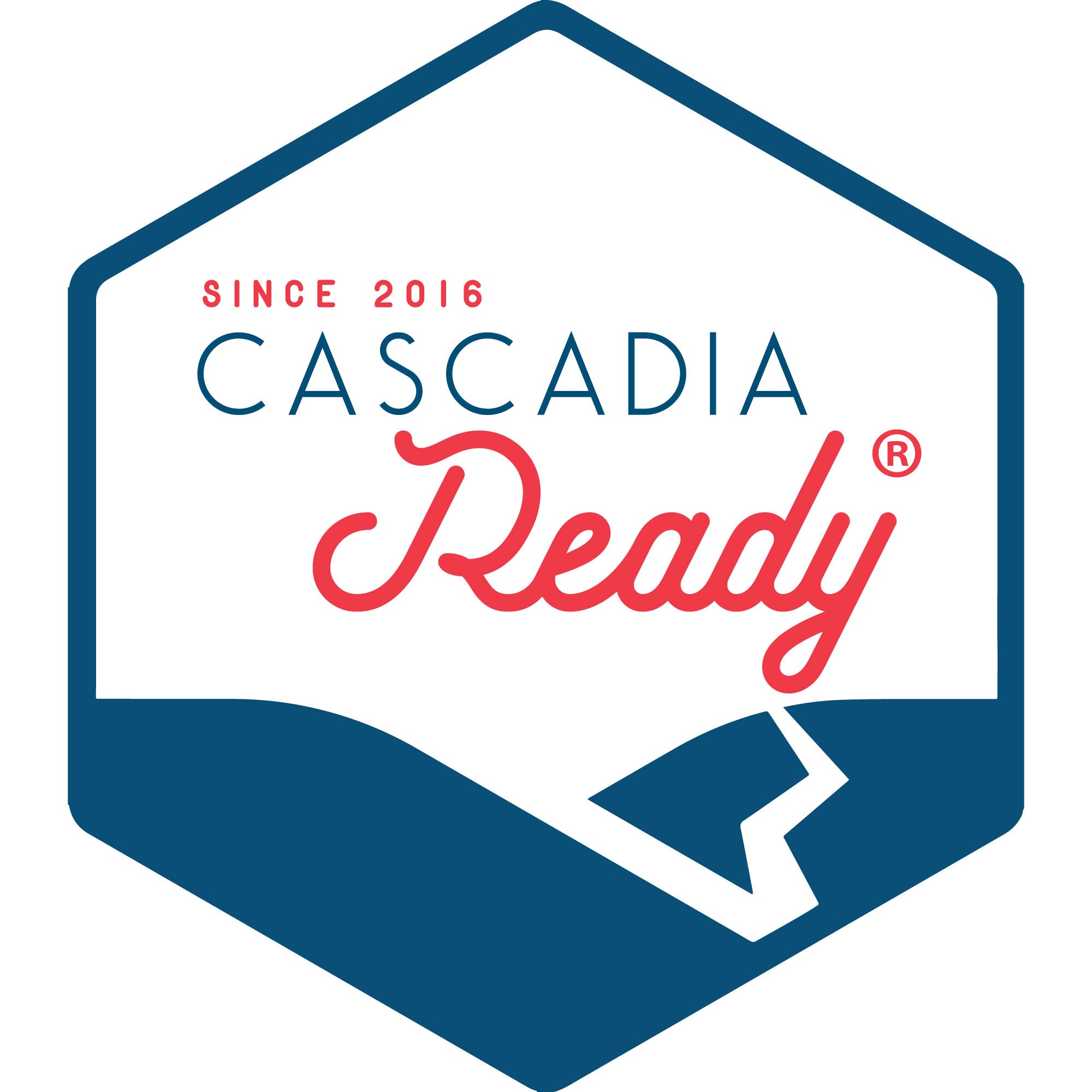Your Out of Area Emergency Contact Person

Why do I need an Out of Area contact person?
Think about this scenario: A major earthquake has just happened and you’re 2 towns over at a meeting. What will some of your first thoughts be? Probably something like, “Are my loved ones ok? Where are they? Are they safe?” It’s likely that they’ll be wondering the same things about you. The anxiety of worrying about the status of your loved ones adds stress to an already difficult situation. Having a pre-designated Out of Area Contact person can help ease the worry and get you information when you need it.
Why do they have to be “out of the area”?
Unfortunately, we won’t be able to pick up the phone and call our nearby loved ones. Why? After a big emergency, too many people jump on the phone at once, so the local phone systems get overloaded and stop working. Long-distance calls often get through more easily than local calls.
Who should I choose?
An “Out of Area” person is someone far enough away not to be impacted by the same emergency as you. For example: if you live in Portland, a Cascadia Subduction Zone earthquake will not affect your sister Diana in Boston, but will affect brother Perry in Seattle, so your sister in Boston is a better choice. While geography is an important consideration, so is temperament. Choose someone who works well under pressure, is clear-headed and reliable. Have a conversation with them to make sure they agree to the responsibilities and understand their role. It makes sense to coordinate with other family members and loved ones and use the same contact person. In the above example, Perry in Seattle could also use Diana in Boston as his out of area contact.
What will they need do?
This person will act as a central contact hub for you and your loved ones after a major disaster. They’ll keep track of important information and communicate it to interested parties. Ideally, use this person’s MOBILE number so that you have the option to text them rather than call.
Their Tasks:
- When they learn of the crisis, they should stay close to their phone and be available for those who will be calling in
- They should keep a written record of who called, what time, the specific location of the person, and any messages the person wants passed along to other loved ones
- Keep updated on, and try to communicate any important news or announcements related to the disaster that may not be available to those in the disaster area (due to lack of electricity/internet etc.)
- Moral support
What’s the Emergency Contact Card for?
The stress of an emergency might make it difficult to remember important phone numbers, so each member of the family should have an emergency contact card with them at all times. This card contains the Out of Area Contact Person’s name and phone number plus other important information. Each family member should have a card in their wallet, purse, backpack or lunchbox.
Will phones even be working?
The first rule is “Text, Don’t Call.” Texts take up a fraction of the bandwidth that calls do, so you’re more likely to get your message out via text, but do keep texts short. Landlines (yes, landlines) can often be usable after a disaster, especially since they don’t rely on electricity. If you have a landline at home, be sure to have at least one corded phone that doesn’t require electricity to use. If the lines are intact, it will work even if the electricity is out.
We don’t know if, or for how long, phones will be operational after an earthquake or other disaster, but having a plan in place ensures efficient use of resources, and potentially peace of mind, if they are available. It’s possible that local cell towers will be operational for a short time after a major earthquake (until their battery power is depleted). Even if phones are not operational at first, eventually they will be, so having a person out of the disaster area to assist with communication is important.
Designating an Out of Area Contact person is a great example of how a small amount of pre-preplanning can make a huge difference. Choose yours today and fill out your Emergency Contact Cards.
